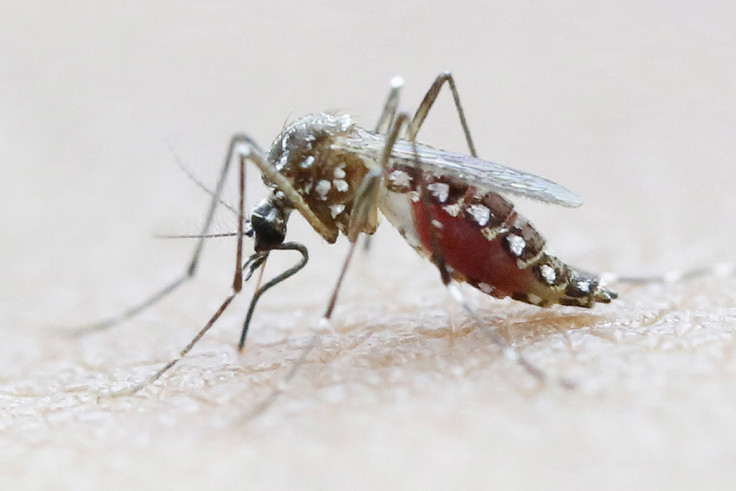Zika virus: UK planes returning from affected countries to be sprayed with insecticide

Flights coming into the UK from countries where the Zika virus is prevalent are set to be sprayed with insecticide to prevent the spread of the disease.
The Department of Health announced the new measures on 5 February in response to the mosquito-borne disease that has already affected several people in Europe returning from Latin American countries affected by Zika.
Public Health Minister Jane Ellison said: "Spraying insecticide is a highly precautionary measure to reduce the risk to passengers during flights to the UK. I want to reassure people that the risk to the UK population is extremely low.
"We advise people travelling to affected areas to reduce the risk of themselves being bitten by wearing mosquito repellent, long sleeves and trousers.
"Pregnant women should consider avoiding travel to countries with the Zika virus – or if travel is unavoidable, they ought to seek travel health advice from their GP or a travel clinic well in advance of their trip."
The virus has been linked with congenital defects including microcephaly, which causes babies to be born with an abnormally small head and brain, with thousands of cases already confirmed in infants in Brazil.
It is thought that the cold climate in the UK is not suitable for the Zika-carrying Aedes mosquito, but the move to spray planes is also designed to protect passengers on board the aircraft from being bitten by the insects during their flight.
However, the first case of Zika being transmitted through pregnancy in Europe was confirmed in February in Spain, where seven cases of the virus have now been confirmed.
And although the virus is predominantly contracted from being bitten by a mosquito carrying the disease, the first case of Zika being transmitted via sexual contact was confirmed in Texas earlier in the week.
The UK government's response to the disease is consistent with guidelines from the World Health Organization (WHO), which at a conference about the virus at the end of January warned that Zika was set to spread "explosively".
© Copyright IBTimes 2025. All rights reserved.






















